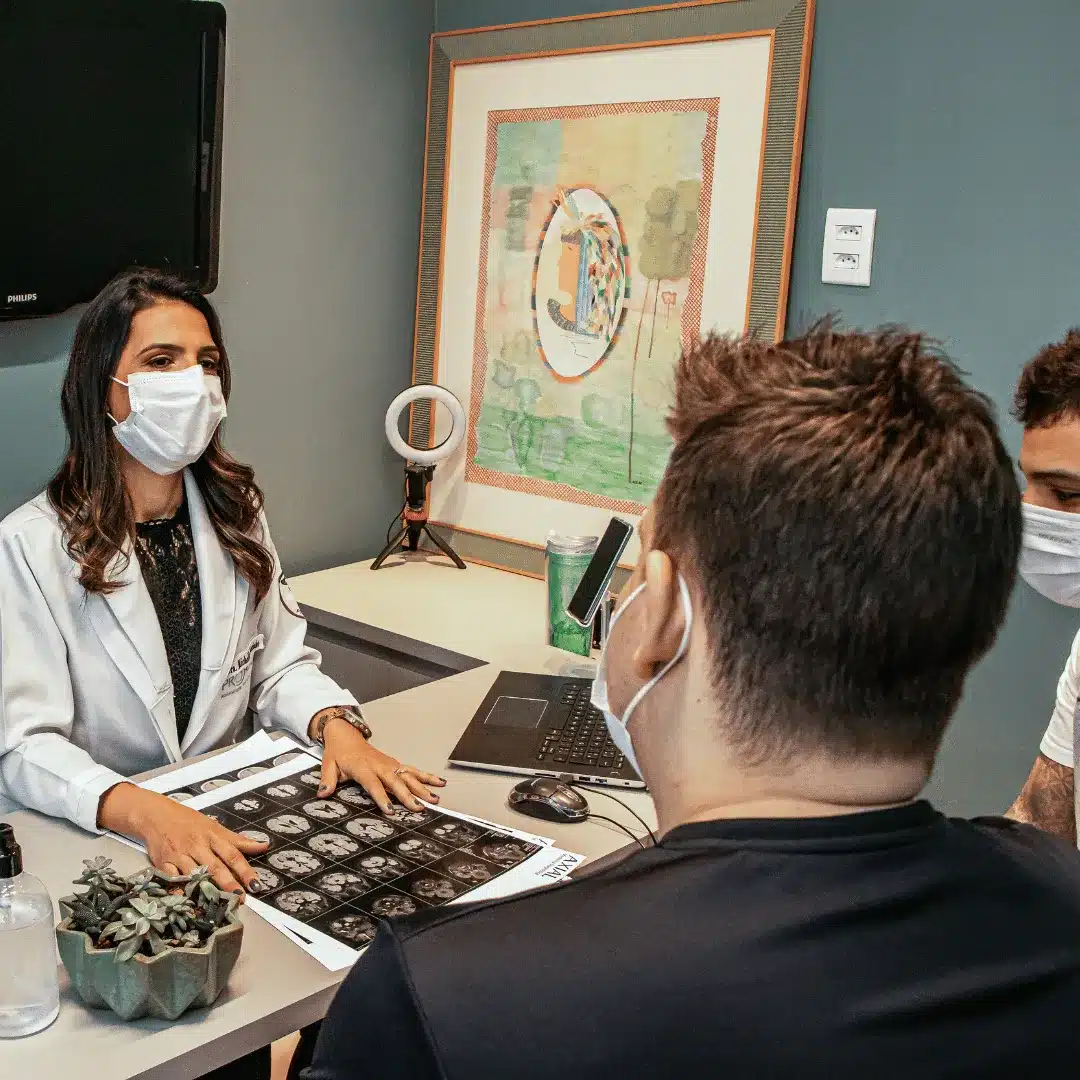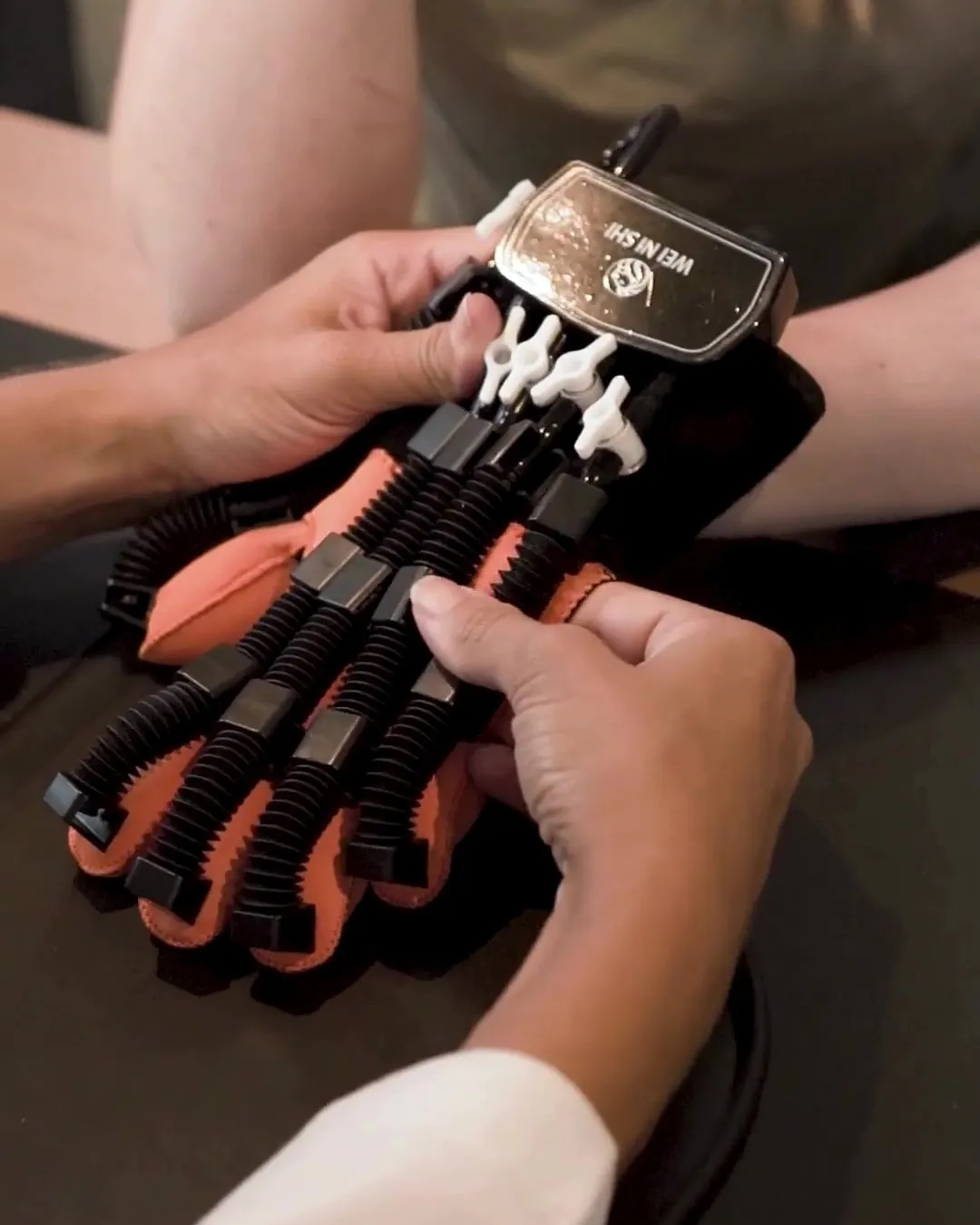IMPROVE SCLEROSIS SYMPTOMS WITH THE PROSENSE METHOD
Discover how a multidisciplinary team combining science, clinical practice, and advanced technology can enhance your quality of life!

WHAT IS MULTIPLE SCLEROSIS?
Multiple Sclerosis is a challenging condition of the central nervous system, characterized by damage to the myelin that surrounds nerve fibers. This chronic autoimmune disorder involves the body’s own cells attacking the nervous system, leading to lesions in the brain, optic nerve, and spinal cord. Studies highlight the importance of rehabilitation therapies, such as physical therapy, speech therapy, and occupational therapy, in promoting functionality and managing symptoms.
PERSONALIZED MULTIDISCIPLINARY REHABILITATION
Our multidisciplinary team, composed of physiotherapists, speech therapists, and qualified specialists, employs innovative and personalized strategies in the treatment of Multiple Sclerosis (MS). The synergy of advanced physical therapy techniques, exercises tailored for people with multiple sclerosis, and specialized interventions plays a crucial role in promoting recovery and minimizing the impacts associated with the condition.
At Prosense, the collaborative work of these disciplines aims to address the various physical and cognitive dimensions affected by Multiple Sclerosis. By tailoring interventions to the specific needs of each patient, these therapies help to reduce the limitations imposed by the condition, promoting autonomy and quality of life.
You can count on the following services from our team:
Occupational Therapy Evaluation
Individual Occupational Therapy Sessions
Upper Limb Rehabilitation
Environmental Adaptation
Assessment, Prescription, and Fabrication of Orthoses
Prescription of Assistive Technology Devices
Home Visits
Cognitive Rehabilitation Program
HOW CAN PHYSICAL THERAPY HELP?
Muscle Strengthening
Physical therapy focuses on muscle strengthening to help compensate for the weakness that can occur due to MS.
Balance and Coordination
Targeted exercises are designed to improve balance and coordination, mitigating the mobility challenges faced by patients.
Environmental Adaptation
Physical therapy helps adapt the patient’s environment to facilitate mobility and reduce the risk of falls.

PHYSICAL THERAPY TREATMENT
In the realm of physical therapy for Multiple Sclerosis, the primary goal is to enhance motor control and movement patterns affected by the condition. Patients often face challenges such as muscle weakness, fatigue, imbalance, impaired coordination, depression, and joint pain.
To tackle these issues, physical therapy sessions focus on strengthening muscles, improving balance, enhancing coordination, and developing dexterity. These targeted interventions aim to help patients overcome their physical limitations, promoting a better quality of life.
During interventions, physical therapists strive to replicate activities performed by individuals in their home environment, thereby promoting the practice of movements relevant to daily life. This personalized approach not only aims to enhance motor skills but also improves the patient’s quality of life, enabling greater independence in daily activities.
Integrated with other therapeutic modalities, physical therapy plays a vital role in managing Multiple Sclerosis, providing comprehensive support and aiming to maximize the physical and functional well-being of patients.
HOW CAN OCCUPATIONAL THERAPY HELP?

Dexterity Training
Strategies are employed to enhance dexterity and coordination, enabling patients to tackle everyday challenges with greater ease.
Activities of Daily Living
Occupational therapy aims to maximize independence in daily activities by adapting techniques and providing assistive devices as needed.
HOW CAN SPEECH THERAPY HELP?
Speech Work: Patients with MS may encounter speech challenges due to neurological impairments. Speech therapy offers strategies to enhance verbal communication.
Swallowing: Swallowing difficulties are common in MS, and speech therapy assists in adapting eating habits to ensure safe and effective swallowing.
TECHNOLOGIES AND INNOVATIONS
Your Health and Well-being
At Prosense Clinic, we share your concern for health and well-being, and we are committed to providing innovative treatments that truly make a difference. We believe that combining advanced technologies with traditional therapies can transform treatment effectiveness. This integration enables more personalized and effective approaches, meeting each patient’s specific needs and enhancing outcomes.
Non-Invasive Neuromodulation
Through Transcranial Magnetic Stimulation (TMS) and Transcranial Direct Current Stimulation (tDCS), we are revolutionizing the treatment of neurological conditions. These techniques target specific brain areas, promoting significant improvements in disorders such as depression, anxiety, chronic pain, and other neurological conditions.
Virtual Reality (VR)
Virtual Reality is a powerful tool that creates immersive and interactive environments. We use VR to aid in the motor and cognitive development of patients, making treatment more engaging and effective. This encourages active participation from patients and promotes faster and more lasting results.
Botulinum Toxin
We use botulinum toxin to reduce muscle spasticity in patients with neurological conditions such as cerebral palsy, multiple sclerosis, and dystonia. This treatment improves mobility and quality of life, allowing patients to perform daily activities more easily.
Other Advanced Technologies
In addition to the mentioned technologies, we have various other equipment that you can check by clicking here.
Our goal is to offer the most modern and effective treatments to our patients, ensuring they have the best chance to reach their full potential.
